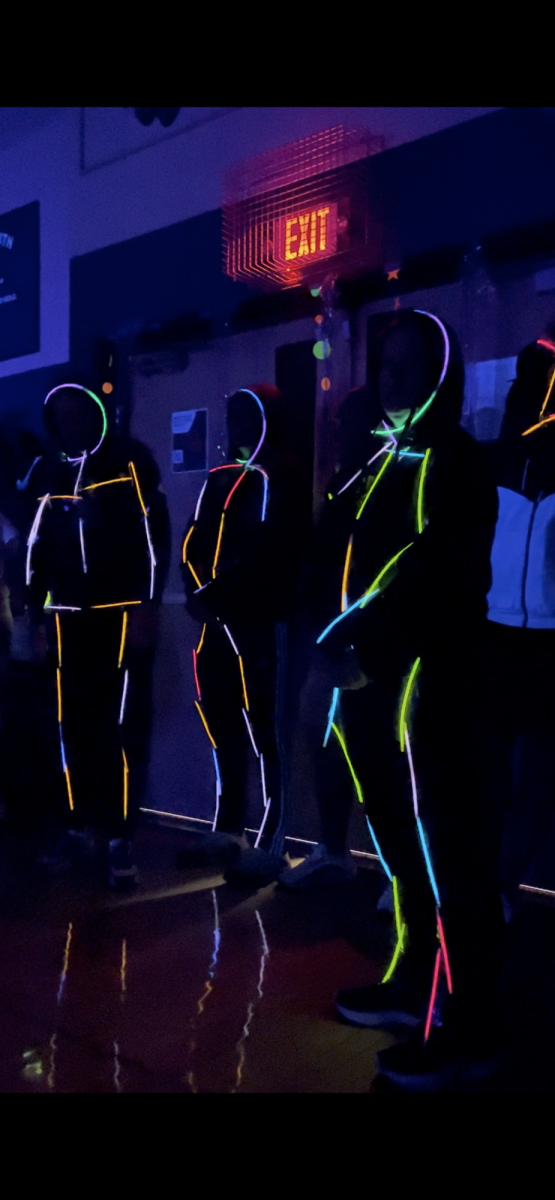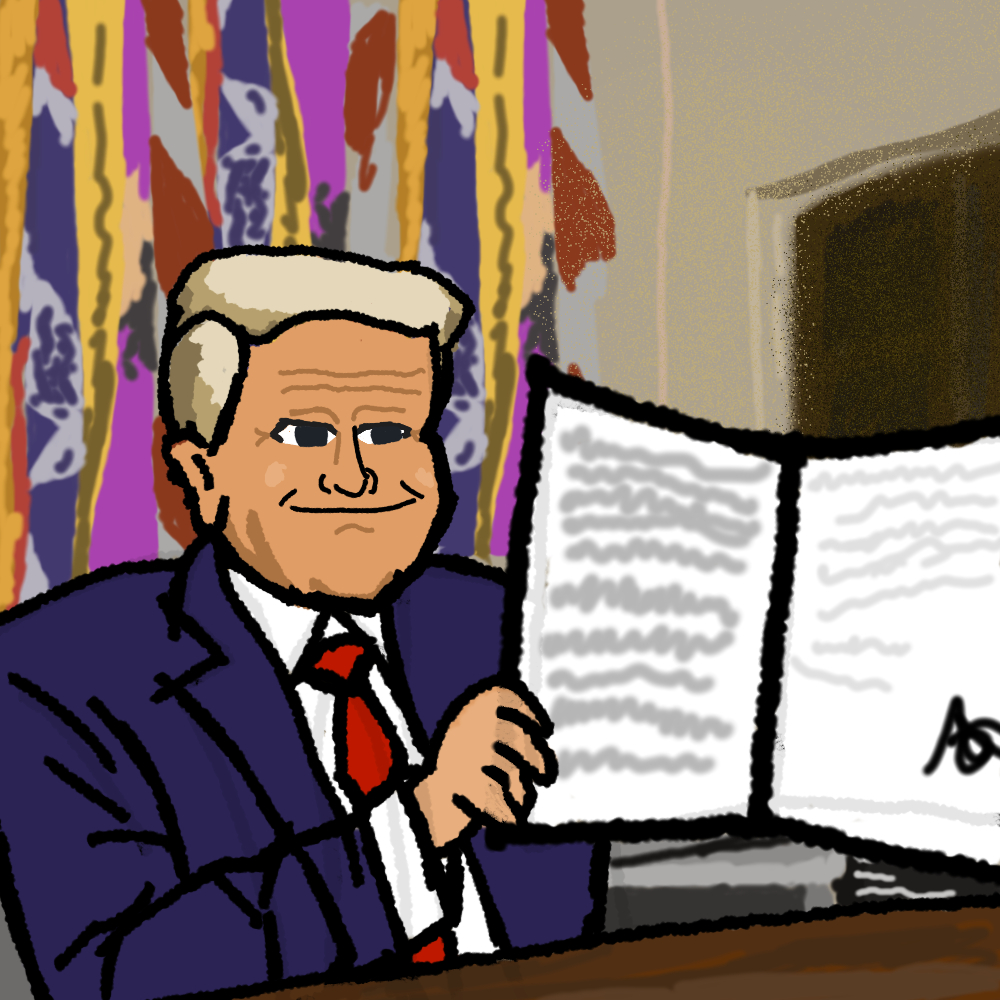The executive orders signed by President Donald Trump following his inauguration have sparked significant controversy. These orders range from immigration to changes in education, among other things. At the moment, Trump has signed more than 40 executive orders, 36 of which were signed in the first week of his inauguration.
One of the first executive orders that caused a stir was the pardoning of those who participated in the January 6th events. This executive order says that any events that happened near or at the capitol on January 6, 2021, are pardoned on the account of national reconciliation. President Trump called for the people involved to be released immediately. This granted nearly 1,600 people grace, including those who assaulted capitol police officers.
Former House speaker Nancy Pelosi displayed her outrage with the situation as she was one of those affected.
“The President’s actions are an outrageous insult to our justice system and the heroes who suffered physical scars and emotional trauma as they protected the Capitol, the Congress, and the Constitution,” Pelosi said to ABC News.
Despite President Trump saying this will be the golden age of America, people are still fearful for what’s to come, especially the immigrants who live in America as many of the executive orders are targeting them
One of the most important orders given by Trump is taking away birthright citizenship. This would mean taking away the automatic citizenship to anyone born in America regardless of if their parents are undocumented or temporarily documented.
There are split feelings on this order. Some believe it’s a great way to keep families together while others think it’s inhumane to send children back to their home country when they’ve never been.
At the moment this executive order has been paused by the federal district judge Deborah Boardman. As she said it is indefinitely blocked to which Trump responded that he will get an appeal.
“Citizenship is a most precious right, expressly guaranteed by the 14th Amendment of the Constitution,” Boardman said to NBC news.
Trump’s administration took steps to dismantle protections for undocumented immigrants such as Deferred Action for Childhood Arrivals (DACA) which provides temporary relief to young immigrants brought to the U.S. as children.
The next important order he made was toward education, like the ending of radical indoctrination in K-12 schooling.
This order refers to eliminating educational content that some may see as promoting biased ideologies. Supporters argue for a more neutral fact-based curriculum while others believe that addressing issues that have to do with race and gender is important.
An example of this would be banning books that mention LGBTQ+ issues or racial relations from classrooms. The issue with this is that some believe it takes away the chance for students to learn about diversity and to develop a deeper meaning of different perspectives.
This could lead to a ban on teaching about slavery, segregation, protests, and so much more.
“Charters and private schools cherry-pick, and public schools have to educate everyone—even with less funding. This decision is wrong, it is unfair, and it’s an insane ploy to destroy public education and leave it in shambles. I implore everyone: do not stop supporting our [wonderful] public schools.” U.S. Representative Frederica Wilson said during a forum about school safety.






